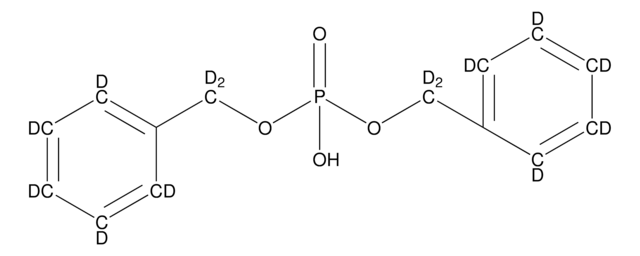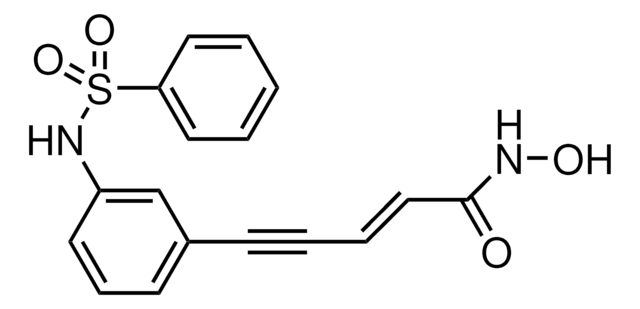DUO87008
Duolink® PLA® Probe Human IgG Isotype Control MINUS human
suitable for proximity ligation assay
About This Item
Recommended Products
biological source
human (polyclonal)
Quality Level
antibody form
affinity purified immunoglobulin (Isotype control antibody)
product line
Duolink®
technique(s)
proximity ligation assay: suitable
suitability
suitable for brightfield
suitable for fluorescence
shipped in
wet ice
storage temp.
2-8°C
General description
Application
This product can be applied to both the Duolink® In Situ Fluorescence Protocol and the Duolink® In Situ Brightfield Protocol depending on the detection reagents used.
Visit our Duolink® PLA Resource Center for information on how to run a Duolink® experiment, applications, troubleshooting, and more.
To perform a complete Duolink® PLA in situ experiment you will need two primary antibodies (PLA, IHC, ICC or IF validated) that recognize two target epitopes. Other necessary reagents include a pair of PLA probes from different species (one PLUS and one MINUS), detection reagents, wash buffers, and mounting medium. Note that the primary antibodies must come from the same species as the Duolink® PLA probes. Analysis is carried out using standard immunofluorescence assay equipment.HRP is also available for brightfield detection.
Isotype control PLA probes are used in lieu of a primary antibody in a Duolink® PLA in situ experiment to determine background signal contributed by non-specific binding of the primary antibody. Isotype control PLA probes can also be used to determine the optimal titer conditions of primary antibody PLA probes.
A PLUS probe of a different species must be used simultaneously with this product. See our Product Selection Guide for more information.
Let us do the work for you, learn more about our Custom Service Program to accelerate your Duolink® projects
View full Duolink® product list
Features and Benefits
- No overexpression or genetic manipulation required
- High specificity (fewer false positives)
- Single molecule sensitivity due to rolling circle amplification
- Relative quantification possible
- No special equipment needed
- Quicker and simpler than FRET
- Increased accuracy compared to co-IP
- Publication-ready results
Legal Information
Storage Class Code
12 - Non Combustible Liquids
WGK
WGK 2
Regulatory Listings
Regulatory Listings are mainly provided for chemical products. Only limited information can be provided here for non-chemical products. No entry means none of the components are listed. It is the user’s obligation to ensure the safe and legal use of the product.
JAN Code
DUO87008PROC:
DUO87008-VAR:
DUO87008-BULK:
DUO87008-50UG-PW:
DUO87008-50UG:
DUO87008-PH:
DUO87008-VAR-PW:
Certificates of Analysis (COA)
Search for Certificates of Analysis (COA) by entering the products Lot/Batch Number. Lot and Batch Numbers can be found on a product’s label following the words ‘Lot’ or ‘Batch’.
Already Own This Product?
Find documentation for the products that you have recently purchased in the Document Library.
Our team of scientists has experience in all areas of research including Life Science, Material Science, Chemical Synthesis, Chromatography, Analytical and many others.
Contact Technical Service








